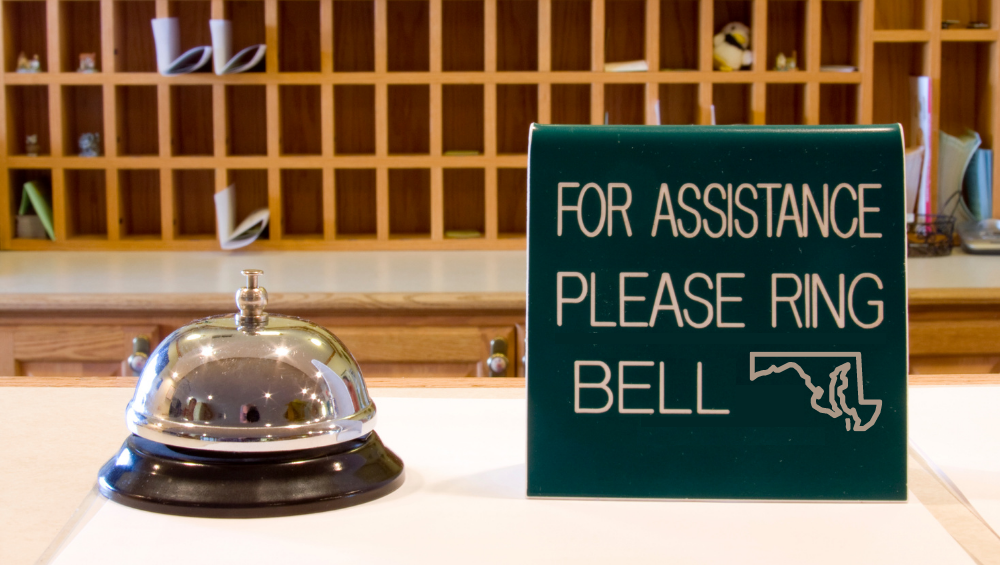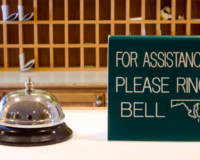In the post coronavirus economic era senior citizens are seeking any avenue to support themselves and keep their home. Having a home brings the eldery a sense of independence and comfort that they don’t want to give up. However, with inflation on the rise it’s becoming harder and more difficult for some seniors to keep their homes. An older individual that won’t sell their home can support themselves through a reverse mortgage. This means that the bank slowly takes the principal ownership back of the home as monthly payouts are given to the home’s owner. Many elderly people who live by themselves will apply for a reverse mortgage loan without the knowledge of friends and family. Before they know it the house is in control of the bank with no option of return.
As people advance into their golden years it’s true that they would like to keep their home and remain independent but at the same time it can be quite a burden. The onus of basic house cleaning, meals, laundry, and anything else that comes with upkeeping a home falls upon them, and it’s no easy feat. Often families will try to pitch in by having a cleaning girl or aide to assist with daily chores but with the current spread of the flu no one is certain that the help will show up.
That’s why many seniors are choosing to sell their homes and move into an independent or assisted living center depending on their daily and health needs. Residents of independent living centers can lead a normal life in a beautiful apartment with all of their daily needs taken care of. Assisted living centers are there to provide assistance for those with disabilities who can no longer care for themselves. It is often the right choice for families that simply cannot provide the care needed for an older parent who requires various levels of personal and medical care. Both options often result in the resident selling their home and providing them with a worry free lifestyle and an elder community that they can be a part of. The money made from selling the house can be placed into a bank account that will earn them interest and is there to use if necessary.
What If Seniors Can’t Afford Moving Into Assisted Living Center?
Not always is it the case that eligible residents for assisted living centers are able to sell their homes to finance the monthly fee. Usually they need to rely on Medicare to pay for assisted living and are limited when choosing a facility. More often than not It’s the private pay assisted living centers that offer the nicest location and best care.

According to Genworth Financial, the average median cost for an assisted living center in the State of Maryland is $5,000 a month. As per covering the expense for a private pay facility there are options for local Marylanders to gain financial assistance. Residents who are eligible for financial assistance include veterans, those who are eligible through the Maryland Home and Community Based Options Waiver, and seniors with long-term care insurance. In order to understand how each of these individuals can potentially finance a private pay assisted living facility we will explain each option below.
Military Assistance For Assisted Living: The United States Government has many programs to financially assist military veterans and their families. One of those programs that can assist war veterans with paying for assisted living care is called the VA Aid and Attendance or Housebound benefits. It provides financial assistance for veterans and their survivors that can subsidize the monthly cost of a private pay assisted living facility, giving them access to the comfort and care they need.
In order to be eligible for the benefit program, you or your spouse had to have active service of at least 90 days in the United States military, and/or, require assistance to perform daily activities, spend a large portion of the day in bed because of illness, or have limited eyesight. In addition, veterans that are nursing home bound with a physical or mental disability are also eligible for financial assistance through the VA Aid and Attendance or Housebound benefits program. Another important thing to keep in mind is that eligible benefactors need to be 65 years or older, or be totally disabled. One caveat for spouse eligibility is that they have to have been married to their spouse during the 90 days of active service. Keep in mind that the program is intended to subsidize the cost and make the option of becoming a resident of a private pay assisted living facility more affordable.
Maryland Medicaid Waiver For Older Adults: This program is now referred to as Home and Community Based Options Waiver and is run by the State of Maryland. The general idea of the program is to provide services and assistance to older adults, allowing them to live in the comfort of their own home. At the same time, if the individual is no longer capable of living at home, the program also includes financial assistance for assisted living and medical day care.
Part of being eligible for the program requires a review of your assets by The State of Maryland. Not everyone is comfortable having all their assets reviewed by the state and will choose to opt out of the program. Other eligibility requirements include for the individual to require nursing care, and monthly income may not exceed 300% of Supplemental Security Income (SSI). In addition, any assets of a spouse are reviewed to determine the individual eligibility of the one who is applying for the waiver. For more information on this program feel free to reach out to Maryland Access Point (MAP) or call them directly at 410-887-2594.
Long Term Care Insurance: Just like any other insurance policy, long term care insurance is a policy that is limited to a number of years and is paid annually. According to SmartAsset, it makes most sense to take out a long term care insurance plan between the ages of 55 and 62 to keep monthly premiums within a reasonable cost. As the individual gets older and becomes more likely to need long term care, premiums will begin to increase significantly.
If the individual requires long term care such as a private pay assisted living facility, insurance benefits will typically pay for 3 to 5 years of care. Before purchasing any long term insurance package, review it with a financial advisor to see if it makes sense for you. Keep in mind, as with any insurance policy you don’t want the annual premiums to exceed the actual cost of 3 to 5 years at a local assisted living facility. Though senior care is expensive it needs to be thought out in regards to whether or not to purchase a long term care insurance plan.

Final Words
There are advantages of choosing a private pay assisted living facility for your loved one that they may not get in a Medicaid paid facility. Some of those perks include personal care in a service-rich, safe, and homelike environment. The ultimate goal is for the resident to be happy and independent while having access to all the services they need. At the same time they will have access to a supporting staff that is available to them in greater numbers, giving them the proper attention they need. It’s also important that the residents have daily activities to look forward to. There is a full week of activities that keep the residents’ minds sharp by interacting with fun tasks and cognitive therapies. The social aspect is most important as they see other people and get to speak to one another.
In regard to going with a private pay assisted living facility there are options for veterans and their spouses to subsidize the monthly cost of living there. One can reach out to their local VA office and someone will help navigate you through the process. For those living in Maryland there is the Maryland Medicaid Waiver For Older Adults that can potentially pay for your stay at a local assisted living facility. Just keep in mind that there will be a thorough review of your financial assets to determine your eligibility. As for long term care insurance, you need to speak to your insurance company and see how many years of care they would cover at a private pay facility. Keep in mind that generally they will cover around three to five years but each insurance plan can vary.
No one wants to come on to outside care and seniors should keep their independence for as long as possible. But if there comes a time that they should require round the clock assistance in their daily lives there are options on the table to subsidize the cost of the choicest facility. Family members should do their homework and lay out all the options on the table, along with monthly costs so their loved ones can make a level headed decision on where they would like to live.





